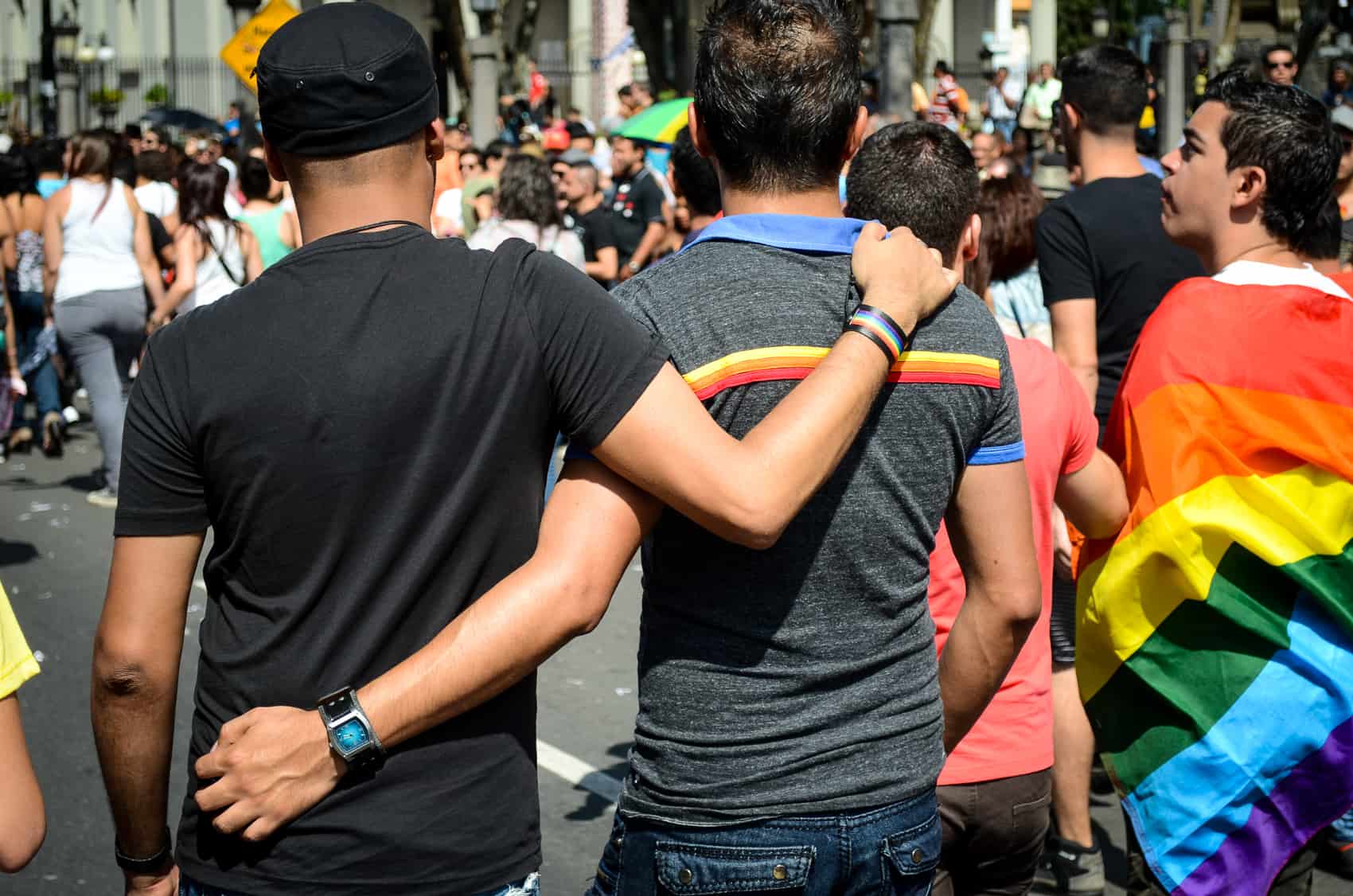Costa Rica’s Constitutional Chamber of the Supreme Court, or Sala IV, quietly upheld a decision recognizing the rights of gay and lesbian couples last week. The decision, announced on April 30, ruled that the Costa Rican Doctors and Surgeons Association discriminated against gay and lesbian members by refusing to let them sponsor their same-sex partners for membership at the association’s recreational facilities.
The ruling upheld a previous decision in 2014 regarding a similar injunction. The plaintiff in that case against the Attorneys Association, Yashín Castrillo, said the decision marked a turning point for gay rights in the Costa Rican legal system.
The couple, whose name was not listed in the release from the Sala IV, filed a lawsuit before the court requesting an injunction against the Doctors Association when the organization did not grant the gay member’s partner access to the facilities.
Sala IV justices said in their April 30 decision that the Doctors Association board violated the couple’s right to equal treatment and discriminated against them on the grounds of their sexual orientation, according to a statement released by the court.
In August 2014, the Sala IV voted in favor of lawyer and LGBT activist Yashín Castrillo when he brought a similar lawsuit against the Attorneys Association for denying his partner membership to that organization’s recreational facilities. The Sala IV upheld that decision in this latest case.
“The same would happen if it were the Accountants Association or the [Federated Association of Engineers and Architects]; any professional association is obligated to recognize the same rights for homosexual couples in the association as their heterosexual members,” said Castrillo, who advised the couple in their lawsuit against the Doctors Association.
Julián Solano, legal adviser for the Doctors Association, told The Tico Times that the association’s board would respect the Sala IV decision but disputed the court’s characterization of how the board treated the gay couple.
Solano said that the association’s previous policy only granted access to its facilities for doctors and surgeons, their children, husbands or wives and parents. The association did not have a policy governing co-habitating couples, regardless if they were gay or heterosexual. Because there was no provision governing common law marriages on the books for heterosexual or homosexual couples, Solano said the policy was not aimed at gays or lesbians and therefore not discriminatory.
According to Solano, the Doctors Association publicly changed its membership policy on Feb. 18 to allow members to sponsor their partner in a common law marriage, regardless of their partner’s sex, if they have co-habitated for at least three years.
“This is the direction that the country is headed in,” Solano said.
“This was a voluntary decision by the board and we do not agree that it was a discriminatory act. We were only complying with our existing rules,” he said.
Costa Rica does not recognize legal same-sex relationships – including civil unions – common law marriages or marriage. Solano did not specify how or if a gay or lesbian member’s partner would be able to access the association’s facilities under the previous policy.
Solano said that the Doctors Association was notified of the couple’s lawsuit at the end of 2014. He conceded that the lawsuit may have played a role in the association’s decision to change its membership policy but stopped short of saying that the court forced the association to take action.
Castrillo doubted the Doctors Association’s story. He claimed that before the lawsuit was filed, the results of Sala IV’s August 2014 decision against the Attorneys Association were presented to the Doctors Association board, but the group refused to comply. The Doctors Association may have changed its policy before Sala IV issued its decision last week, but Castrillo opined that Sala IV’s precedent from the previous case was the reason for the change.
The August 2014 decision against the Attorneys Association policy was among several victories for the LGBT community in Costa Rica since President Luis Guillermo Solís took office in May 2014. In the last year, Costa Rica as seen several moves by the government in favor of the LGBT community, including raising a rainbow flag over Casa Presidencial and the Costa Rican Social Security System’s decision to grant insurance benefits to same-sex couples.
During his State of the Nation address, President Luis Guillermo Solís told lawmakers that it was an “ethical and moral obligation” to take up a stalled bill to legalize same-sex civil unions.
“This was the first time that the Constitutional Chamber recognized that it was illegal to discriminate on the basis of sexual orientation and ordered a professional organization to treat same-sex couples the same as heterosexual couples,” Castrillo said of the August decision. “It changed the legal panorama of the family in Costa Rica.”






